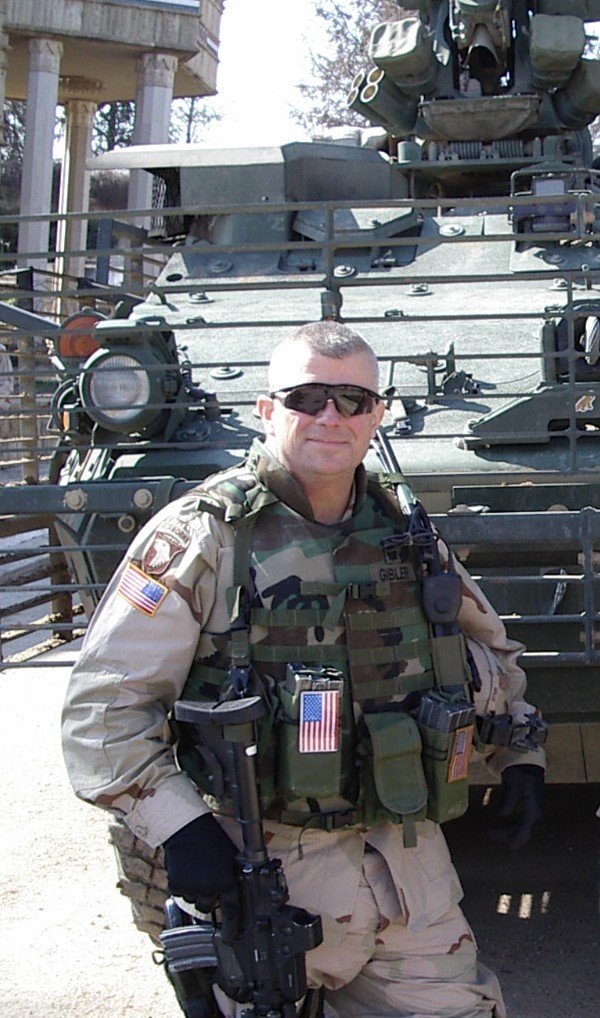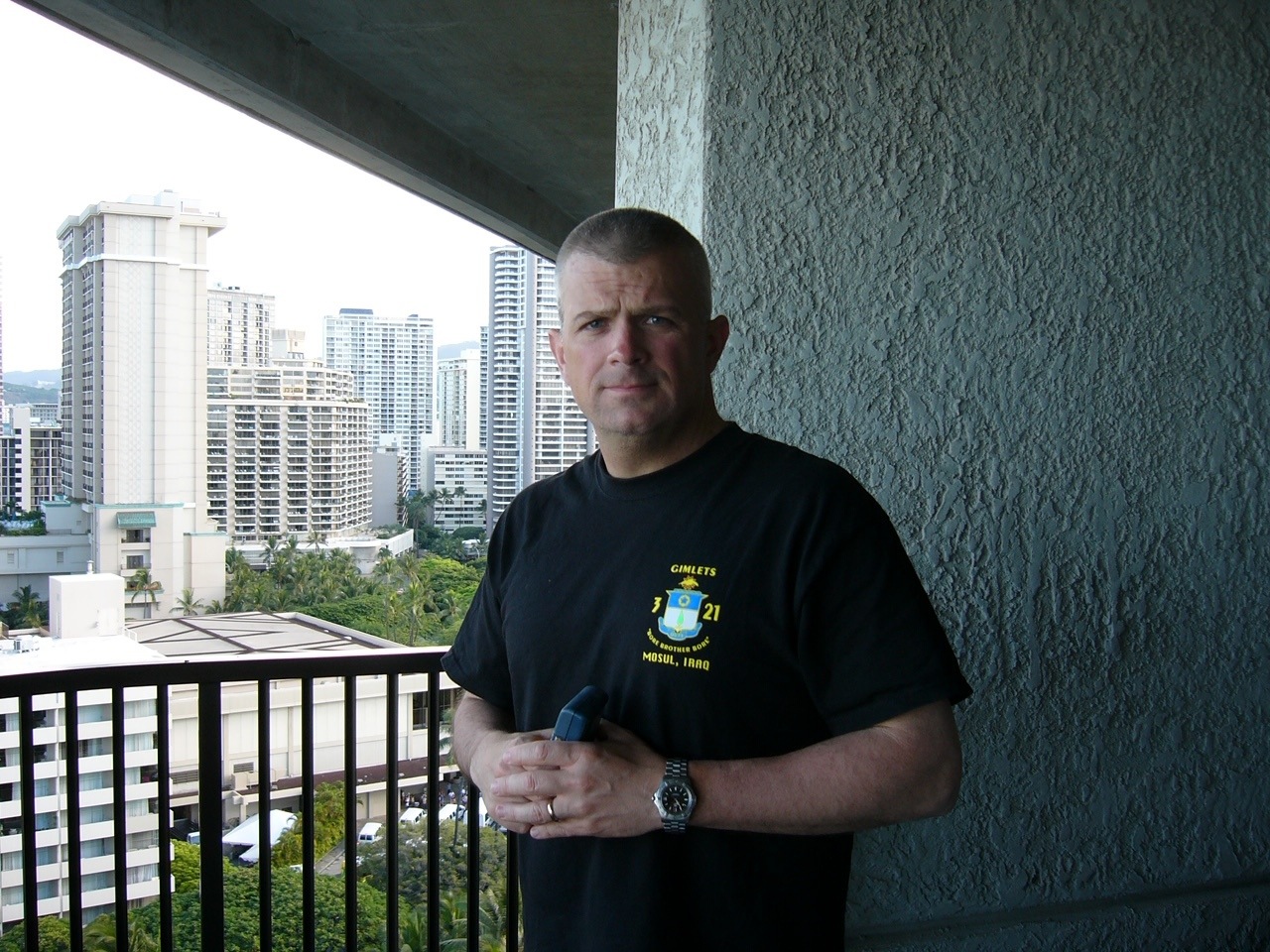Mike, thanks for the interaction here. The first question, as I understand it, that we spoke about is: What is crisis leadership?
A really complex problem, a really complex question, but I think the best way for me to kind of explain that is:
A crisis leader is someone who remains calm in a arguably environment that's difficult to do that in. Thinks clearly in that environment because a crisis can and does have a physiological and psychological effect on people, or at least stress does. Can they remain calm and think clearly through that? Then understand the end state that they want to achieve, not just as an individual, but organizationally what do they want to achieve.
How does this crisis need to end in their mind? Then be able to state that to the organization, to the response components as quickly as possible and to achieve that as safely as possible. I think there's a few traits that equal this, and I'll just throw them out quickly.
You gotta set the example in all you do and where you do it. In non-crisis situations, that becomes a template for either how you should behave or how people believe you're gonna behave in a crisis event, so you've got to set the right example at all times. You gotta understand your organization, you gotta know what it is, what its capabilities are, what its weaknesses are. You gotta understand the people that make that up and ensure that they are capable of responding in a crisis environment.
You gotta understand your role as the leader in managing the crisis, so that's kind of another trait that's out there. The other piece I think that's important is that you can't start thinking about this at the crisis moment. You gotta provide the necessary training upfront and you've gotta provide people opportunities to fail before a crisis. They're gonna succeed. If you picked the right people, it's a good organization, it's a good structure ... Naturally, they are succeeding, but you gotta put them in roles and environments where they can fail or they do fail, but it's gotta be safe, they gotta believe it's safe, it's not judgemental.
You gotta get them outside their comfort zone and you gotta provide them opportunities to fail and as a leader, you gotta lead that by example. You gotta admit where you fail, you gotta admit it publicly and then you gotta better yourself, use yourself as an example to get folks to be willing to drive themselves to a higher standard.
The other piece, I think, that's exceptionally important, you gotta trust and empower your people.
If your people are well trained and if you trust what they're gonna do, you trust that they understand their roles and their power to do it, it becomes really easy to manage a crisis and you don't have all the burden on your shoulders, it's distributed across your organization. Kind of very easily, you gotta provide them the resources, support, and direction, if it's needed, again, only if it's needed to be successful, during a crisis.
Then kind of on the back end of that, you gotta ensure that you as an individual, individuals involved in a crisis in an organization learn from that crisis. They've gotta 'after-action review' it, they've gotta take time to be retrospective and introspective about what they've done, what they did well, what they didn't do well and they've gotta do that in a very forgiving environment. It cannot be judgemental, it can't be punitive, of course, unless something illegal, immoral or unethical occurred, but the only way you get better is to take a hard look at yourself. It's a long answer to a very, very short question.




